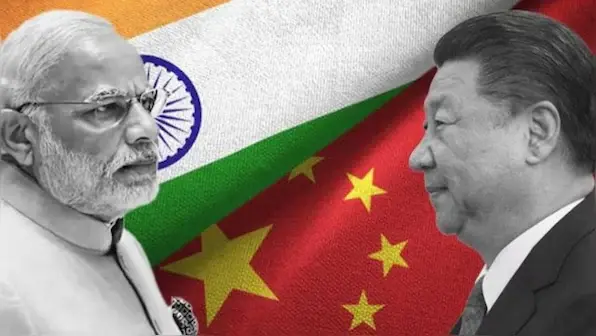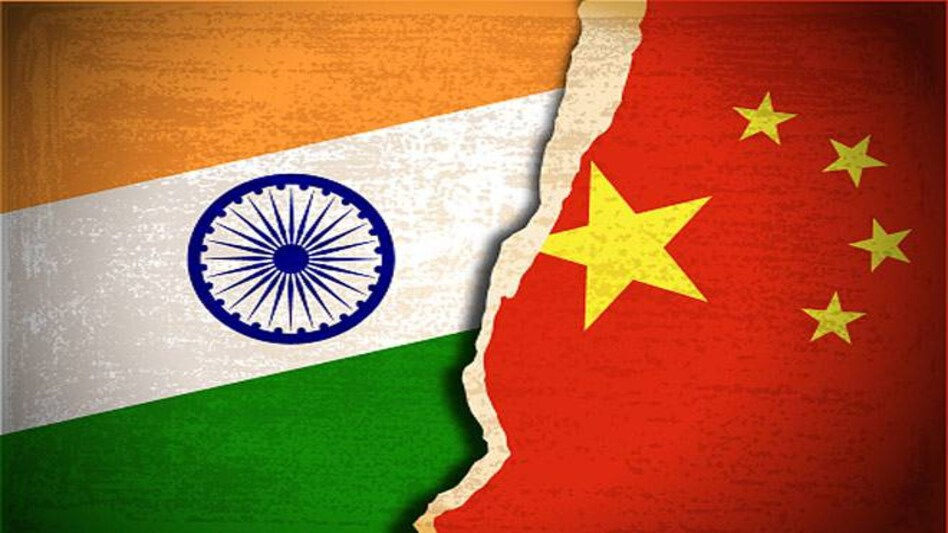India Imposes Anti-Dumping Duties on Chinese Products to Protect Domestic Industries
- MGMMTeam

- Jul 15, 2024
- 4 min read
Introduction
In a significant move to protect domestic industries, India has recently imposed anti-dumping duties on three Chinese products, including hydraulic rock breakers. This decision, based on recommendations from the Commerce Ministry's Directorate General of Trade Remedies (DGTR), aims to counter the negative impact of cheap imports on local manufacturers.
The government has also imposed a provisional anti-dumping duty of USD 614 per tonne on imports of ’Telescopic Channel Drawer Slider’ imported from China for six months. File Photo
Background and Investigation Process
The DGTR initiated investigations following complaints from domestic players about the dumping of Chinese goods in the Indian market. After thorough probes, the DGTR concluded that these imports were indeed harming the domestic industry. Based on these findings, the Department of Revenue has now notified these duties through three separate notifications.
Detailed Breakdown of Imposed Duties
1. Hydraulic Rock Breakers
The anti-dumping duty on hydraulic rock breakers ranges from 4.55% to 162.5% of the CIF (cost, insurance, freight) value in US dollars. This duty applies not only to Chinese imports but also to those coming from Korea. Hydraulic rock breakers play a crucial role in the construction and mining industries, being used for various activities such as demolition, excavation, mining, and boulder-breaking.
The government has stipulated that these duties will remain in effect for five years unless revoked, superseded, or amended earlier. This extended period provides a stable protective environment for domestic manufacturers to strengthen their position in the market.
2. Easy Open Ends of Tin Plate
For imports of 'Easy open ends of tin plate, including electrolytic tin plate, measuring 401 diameter (99MM) and 300 diameter (73MM) in dimension' from China, a duty of $741 per lakh has been imposed. This duty will also be in place for five years. These tin plates are widely used in the packaging industry, particularly for consumables like fresh and preserved food and beverages.
3. Telescopic Channel Drawer Slider
A provisional anti-dumping duty of $614 per tonne has been levied on imports of 'Telescopic Channel Drawer Slider' from China. Unlike the other two products, this duty is currently set for a shorter period of six months, possibly to allow for further assessment of its impact.
Rationale Behind Anti-Dumping Measures
Anti-dumping investigations are initiated by countries to protect their domestic industries from the harmful effects of below-cost imports. These measures are implemented within the framework of the World Trade Organisation (WTO), ensuring that they comply with international trade norms. It's important to note that anti-dumping duties are not intended to restrict imports or cause unjustified price increases. Rather, they aim to ensure fair trade practices and provide a level playing field for domestic manufacturers. By imposing these duties, the government seeks to neutralize the unfair advantage gained by foreign producers through dumping practices.
Impact on Trade Relations and Market Dynamics
The imposition of these anti-dumping duties is likely to have several significant impacts:
1. Increased Costs for Chinese Exporters: The additional taxes will raise expenses for Chinese exporters. This cost may be absorbed by the exporters themselves or passed on to their customers, potentially making Chinese goods less competitive in the Indian market.
India-China military level talks: The focal point of these talks was to bring down the tension at all friction points | BT
2. Shift in Consumer Preferences: As prices for Chinese goods increase, Indian consumers may shift towards domestically produced alternatives or products from other countries. This could lead to a redistribution of market share in favor of local manufacturers.
3. Strained Diplomatic Relations: The tariffs may put some strain on the trade relations between China and India. Diplomatic efforts may be required to address any conflicts arising from these measures.
4. Boost to Domestic Industry: The protection offered by these duties is expected to provide Indian manufacturers with an opportunity to strengthen their market position and improve their competitiveness.
India's Position in Global Anti-Dumping Measures
It's worth noting that India has emerged as a global leader in the application of anti-dumping measures over the past decade. Despite accounting for only 2% of global imports, India has initiated nearly 20% of all anti-dumping cases worldwide. This aggressive stance reflects India's commitment to protecting its domestic industries and ensuring fair trade practices.
Conclusion
The imposition of anti-dumping duties on Chinese products marks a significant step in India's efforts to protect its domestic industries from unfair trade practices. While these measures are expected to benefit local manufacturers, they also raise important questions about the future of India-China trade relations and the broader implications for global trade dynamics. As these duties take effect, it will be crucial to monitor their impact on various stakeholders, including domestic manufacturers, consumers, and international trade partners. The success of these measures will ultimately depend on their ability to create a more level playing field without causing undue disruption to the market or escalating trade tensions.
In the coming months and years, policymakers, industry leaders, and economists will be closely watching how these anti-dumping duties influence market trends, industrial growth, and bilateral relations between India and China. As the global trade landscape continues to evolve, such measures underscore the delicate balance countries must strike between protecting domestic interests and maintaining productive international trade relationships.






Comments